
Huge gap between policy and practice
Green transformation in logistics operations is no longer a trend but has become an inevitable requirement, determining the competitiveness and even the survival factor of enterprises in the process of global integration.
According to a report by the World Bank (WB), Vietnam currently ranks 43rd in the Global Logistics Performance Index. This is a positive sign, however, implementation is still far from policy.
Sharing at the "Green Logistics Forum - Resilience in fluctuations and connection with FIATA World Congress 2025" recently held in Hanoi , Chairman of the Vietnam Logistics Services Association (VLA) Dao Trong Khoa said that green logistics is a must-aim goal, but it is not easy to achieve for small and medium enterprises - which account for the majority of the logistics market share, and face many barriers such as high costs, lack of information and support policies. Therefore, to carry out digital transformation, green transformation and optimize operational processes is very costly, requiring state management agencies to have practical support policies.
On the other hand, the legal system is incomplete and lacks cohesion to support green logistics. Although the Government has a Circular Economy Development Strategy, a National Green Growth Strategy, or a Draft Law on Road Traffic Amendments that mentions infrastructure to support green vehicles, implementation is still slow and lacks cohesion.
Meanwhile, Deputy Director of the Import-Export Department (Ministry of Industry and Trade) Tran Thanh Hai said that green transformation requires a large investment cost and businesses also face challenges when choosing technology as well as a lack of knowledgeable and capable experts. Moreover, current awareness, habits and infrastructure still do not meet the requirements for developing green means of transport.
Proactive green transition to survive
The global economy is changing rapidly, leading to a trend of restructuring and shifting supply chains. The logistics sector is also under unprecedented pressure to transform, forcing businesses to adapt promptly to survive amid the fluctuations.
In addition, governments and international organizations have set strict emission reduction targets, such as: Carbon Border Adjustment Mechanism, initiatives from the European Union (EU) Fit for 55 Package to the International Maritime Organization (IMO) carbon reduction roadmap... forcing logistics businesses to green their processes and aim for the Net Zero target...
Vice Chairman of the Transport and Logistics Committee, European Business Association in Vietnam Koen Soenens said that the greening of logistics in Vietnam is facing many challenges, especially when businesses want to access deeper into the EU market. Especially, in the context of the world moving strongly towards sustainable development, the logistics industry must proactively transform to adapt and survive.
According to Mr. Koen Soenens, European enterprises have proactively deployed many specific solutions in Vietnam such as using solar energy in warehouses and offices; deploying green delivery fleets; integrating digital tools to optimize routes, save fuel and reduce emissions... This is a long-term strategy to help optimize operations and improve economic efficiency. However, limitations such as the logistics infrastructure in Vietnam is not synchronous, some policies and regulations are inconsistent... causing businesses to encounter many difficulties when applying in practice.
“Green development is a process that cannot be outsourced but requires the cooperation of businesses, the Government and stakeholders. With improved awareness, financial resources, skills and experience, along with policy synchronization and unified viewpoints, Vietnam can absolutely progress very quickly,” said Mr. Koen Soenens.
Discussing the practical implementation of green transformation of enterprises and support proposals from the authorities, Mr. Yap Kwong Weng, CEO of Vietnam SuperPort™ (a joint venture between Singapore's YCH Group and Vietnam's T&T Group operating the Vinh Phuc ICD Logistics Center) said that the core is to promote the multimodal integrated logistics model. Along with that, building a sustainable policy and financial corridor to support enterprises in implementing the transformation in a practical way.
Vietnam SuperPort™ is implementing a new model in Vietnam, integrating air cargo terminals, bonded warehouses, general warehouses and cross-border transportation solutions. This model is not yet popular in the region but has the potential to create advantages for Vietnam in the international supply chain.
“We do not follow the direction of mass industrial parks, but focus on optimizing existing assets to increase operational efficiency. For example, if customers need to transport goods by air, goods can be transported directly from the warehouse to the plane if regulations allow,” said the CEO of Vietnam SuperPort™.
However, according to Mr. Yap Kwong Weng, green transformation of enterprises is only truly effective when accompanied by policies and finance. Therefore, it is necessary to encourage green finance and public-private partnership mechanisms from international financial institutions such as IFC, WB and the domestic banking system.
Source: https://hanoimoi.vn/chuyen-doi-xanh-trong-hoat-dong-logistics-doanh-nghiep-phai-thich-ung-de-phat-trien-ben-vung-709689.html


![[Photo] Opening of the 14th Conference of the 13th Party Central Committee](https://vphoto.vietnam.vn/thumb/1200x675/vietnam/resource/IMAGE/2025/11/05/1762310995216_a5-bnd-5742-5255-jpg.webp)





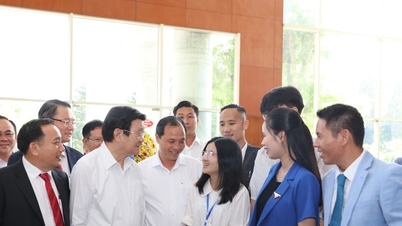

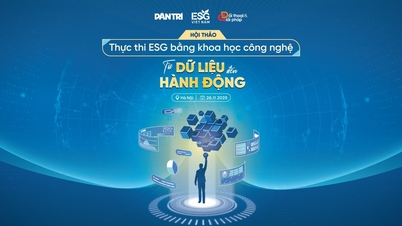



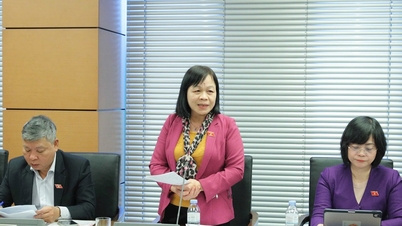

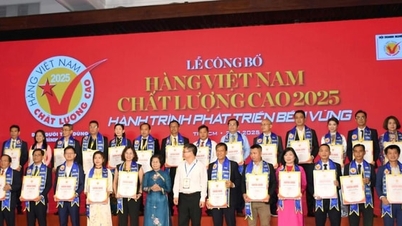

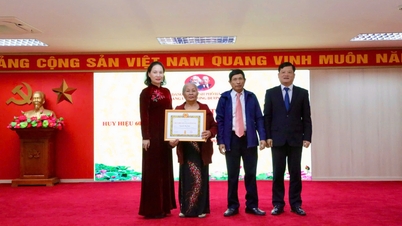


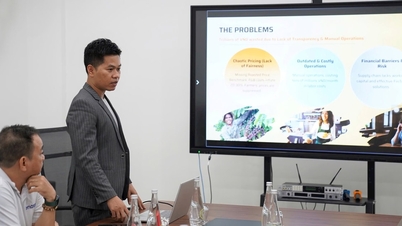


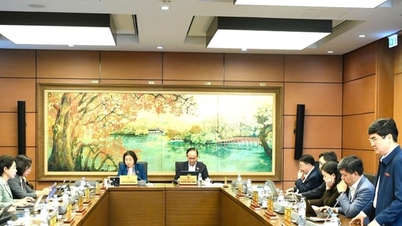
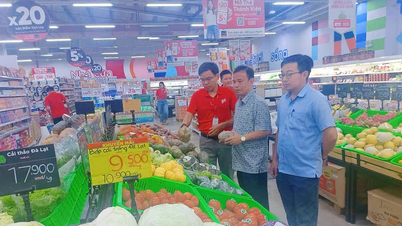





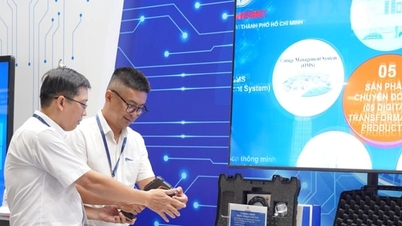

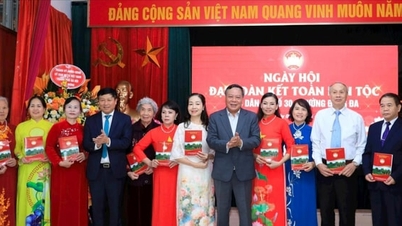



![[Photo] Panorama of the Patriotic Emulation Congress of Nhan Dan Newspaper for the period 2025-2030](https://vphoto.vietnam.vn/thumb/1200x675/vietnam/resource/IMAGE/2025/11/04/1762252775462_ndo_br_dhthiduayeuncbaond-6125-jpg.webp)





































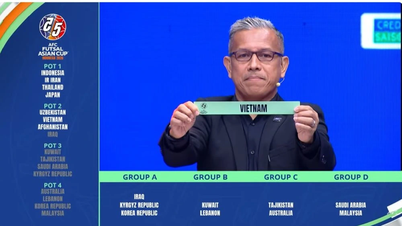







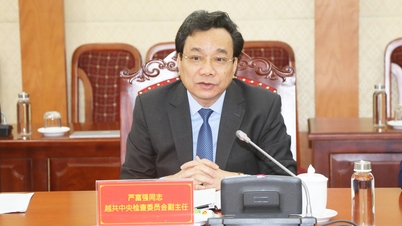

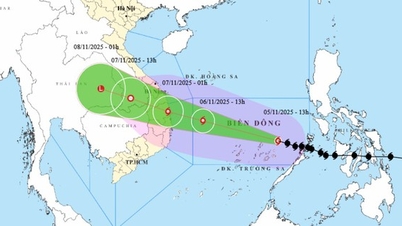




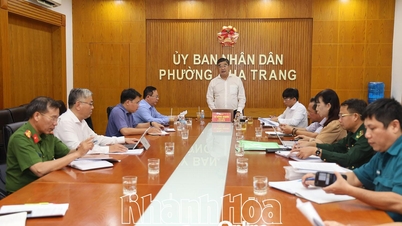

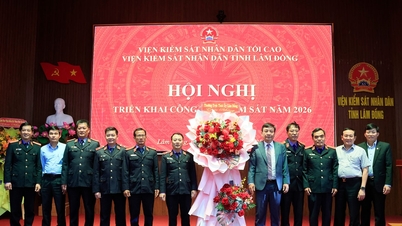

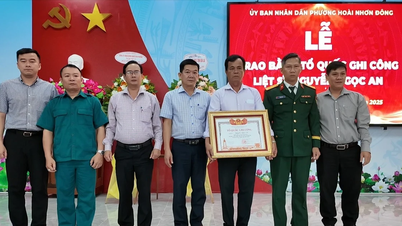
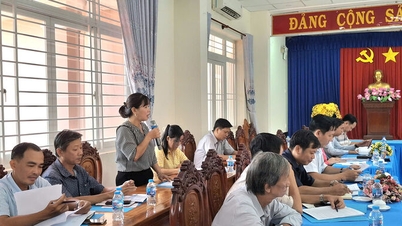

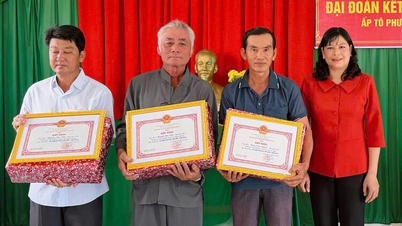















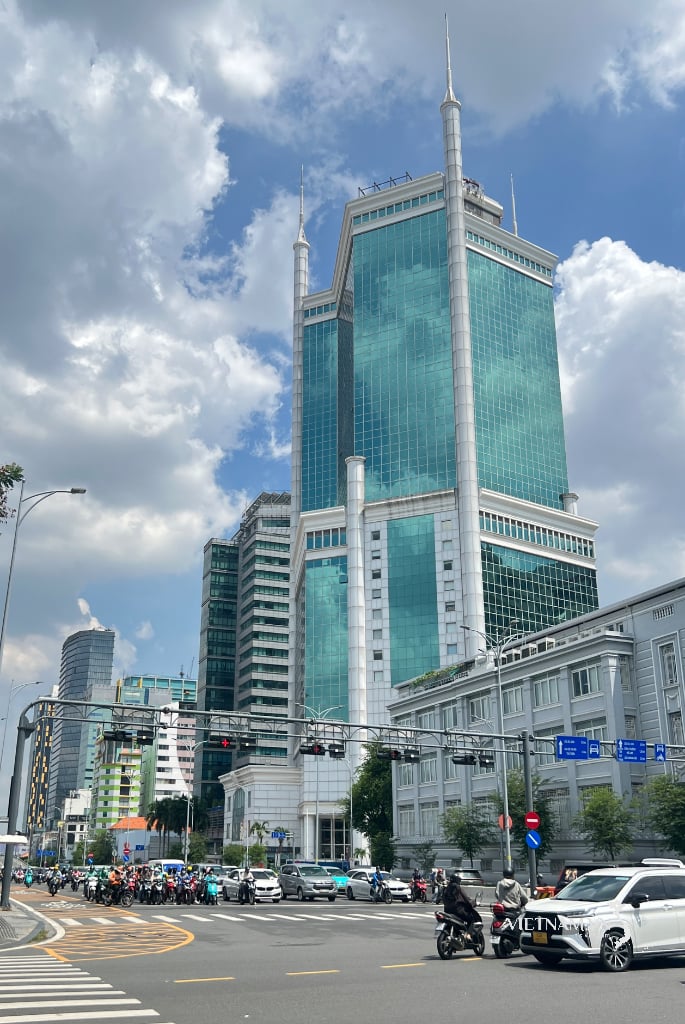

Comment (0)